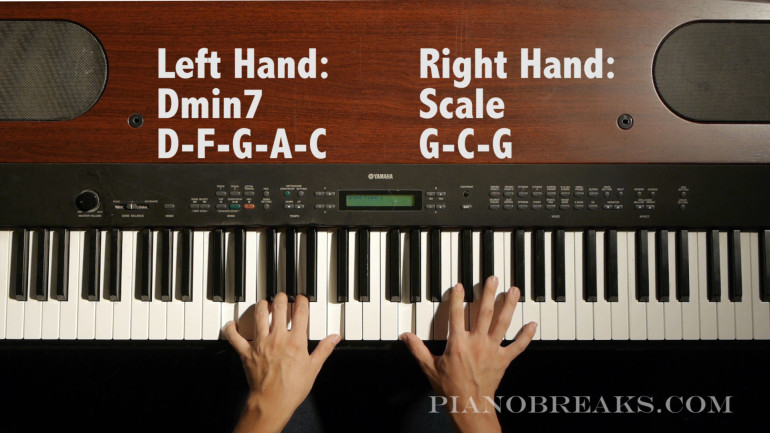
How to Buy a Keyboard (Top 5 Guidelines for Buying an Electric Piano)
If you’re here, then you are, like many people, wondering what kind of keyboard you should buy to guarantee the best results. You don’t want to spend too much, but then at the same time you don’t want to spend too little and give yourself up to a whole host of other problems that you’ll have to deal with. With these guidelines, you will instantly have an easy way to discover the new keyboard that is right for you.
If some of these guidelines are missing, then you could very likely end up regretting your purchase in the long run. Keyboards range from about $200 for a decent beginner’s keyboard to $1000 for a quality keyboard
I’ll avoid all of the technical features and just give you some clear-cut, basic guidelines on what to look out for, with compelling reasons about why I am recommending each one. Here we go:
Keyboard Buying Guidelines
Make sure your keyboard has all 5 of these features:
1. Weighted keys
Weighted keys and weightless keys… you have probably played on a cheap, weightless keyboard before, and you probably know what a weighted piano feels like. Weighted means each key has resistance, like a real piano. Weightless keys offer no resistance, which is the main reason to avoid them because they train you to play lightly on a real piano.
2. Amazing Default Piano Sound you love, and extra instrument sounds
Make sure you love the default piano sound, often seen as the Grand Piano setting. About 90% of the time you will play on the default Grand Piano sound because it’s the first instrument that comes up after you turn on the keyboard, unless you personally like to play a lot of other instruments. Bottom line is that if you get really sick of the default piano sound fast, you will definitely be unhappy with your keyboard.
Extra sounds are great. Strings, bass, and drums are powerful sounds for recording and playing with yourself. Bass and drums are a must-have for recording backing tracks with a trio feel.
3. Full-size keys and keyboard (88)
Some pianos have smaller keys than normal. You’ll want to avoid them because your fingers have to scrunch up to play on them and they train your fingers to play inaccurate.
A full-sized keyboard has 88 keys, with some keyboards having a smaller amount of keys than others. A full 88 keys is a safe and complete investment since it is very likely that you will use them, if not now, then in the future.
4. Ability to Record
Recording is shockingly important to becoming better at piano. Not only does it allow you to play songs and record backing tracks for yourself for you to play along with, but it also forces you to take a look at your playing and find critical points to improve your playing. If your keyboard has no recording capabilities, then you will be limited to playing by yourself, unless you have people to jam along with or backing tracks pre-made for you.
5. Portability
Transporting a heavy keyboard is a big pain. Do not buy a big, heavy keyboard. Every time you have to bring your keyboard somewhere, you’ll have to carry it. I speak from personal experience with that keyboard you see above. I’ve paid for it for 8 years of experiences with transporting it in my car.
You might not expect yourself to instantly start jamming with other people. It can happen faster than you know, and when it does, you will want a convenient, lightweight keyboard that can go in and out of your car quickly and easily.
Keyboard Accessories
The only accessories I would buy for a keyboard would be a keyboard stand, a seat, and a sustain pedal (if you are a beginner).
If you aren’t going to transport your keyboard anytime soon, you don’t need a carry bag or case. When you do, buy a bag or a case, ideally with wheels, unless your keyboard is really light.
The sustain pedal plugs in with a “1/4 inch audio cable.” A few keyboards have different plugins, but with most keyboards you will be safe.
So there you have it, I sincerely hope you found this keyboard buying guide helpful.
15 Free Beginner Lessons
If you liked this post and are thinking about learning piano, you might want to watch the 15 Free Beginner Lessons, guaranteed to produce instant results for you on piano:
